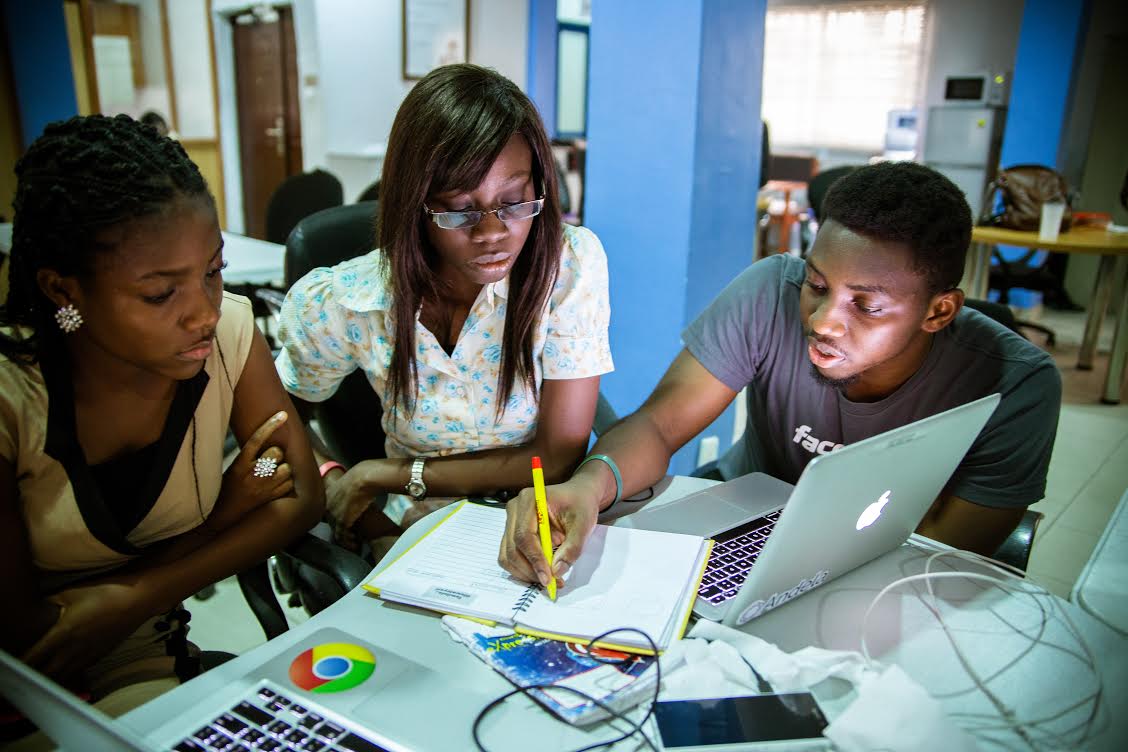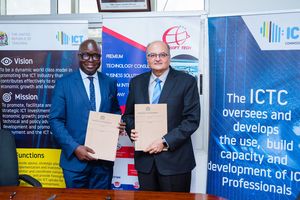Prime
University graduates lead 74 percent of startups in Tanzania

What you need to know:
- The dominance of university-educated founders underlines the role of higher learning institutions as key ecosystem players, acting as talent pipelines, incubators, and innovation hubs.
Dar es Salaam. Around 74 percent of startup founders in Tanzania hold university degrees, highlighting formal education as a key driver of startup formation and innovation, according to the Tanzania Startup Ecosystem Status Report 2024.
The dominance of university-educated founders underlines the role of higher learning institutions as key ecosystem players, acting as talent pipelines, incubators, and innovation hubs.
The report, released by the Tanzania Startups Association (TSA), shows that 18 percent of founders hold college diplomas—mainly contributing to sectors such as agribusiness and logistics where technical skills are crucial.
This means that degree and diploma holders account for 92 percent of all startup founders.
“In 2024, data on Tanzanian startup founders shows a strong link between higher education and entrepreneurship,” reads the report in part.
Only eight percent of founders had secondary education or less, with just one percent each reporting primary or no formal education—highlighting the barriers lower education levels pose to startup entry.
The report also reveals that over 85 percent of Tanzanian startup founders in 2024 graduated from local universities, reinforcing the importance of national institutions in shaping the entrepreneurial landscape.
The University of Dar es Salaam (UDSM) emerged as the leading contributor, accounting for 19 percent of all founders.
This reflects its strong academic base, alumni network, and commitment to innovation.
Other significant contributors include the Sokoine University of Agriculture (7.6pc), Mzumbe University, and the Institute of Finance Management (6.3pc each).
Others are the Dar es Salaam Institute of Technology (DIT), College of Business Education (CBE), and University of Iringa (5.1pc), underscoring the relevance of business, technology, and applied sciences in startup development.
Mid-sized universities such as Muhimbili University of Health and Allied Sciences (Muhas), the Ardhi University, and St Augustine University of Tanzania (Saut) contributed between 2.5 percent and 3.8 percent, illustrating a broad range of academic backgrounds within the ecosystem.
While founders educated abroad remain a minority, they bring valuable global perspectives.
Alumni from institutions including Coventry, Griffith, Macquarie, Gujarat, and Uppsala universities each made up to 1.3 percent of Tanzanian startup founders.
In a foreword to the report, TSA Board Chairperson, Mr Paul Makanza, says the number of documented startups grew by 24 percent in 2024, reaching 1,041.
These startups created over 138,453 jobs—a 23 percent increase from the previous year.
“These figures reflect the vibrancy and growing culture of self-employment among Tanzanian youth. This report is more than just a data source—it is a tool for informed decision-making, advocacy, and policy development,” states Mr Makanza.
“I sincerely thank all contributors and urge stakeholders to use this report to drive innovation and strengthen our startup ecosystem. Let us continue working together to build a thriving and inclusive entrepreneurial future for Tanzania,” he adds.
However, the report also urged universities to strengthen or establish innovation and startup hubs, create co-working labs and pre-incubation spaces, provide access to prototyping tools, and offer seed grants to student startups through university innovation funds or public-private partnerships.





